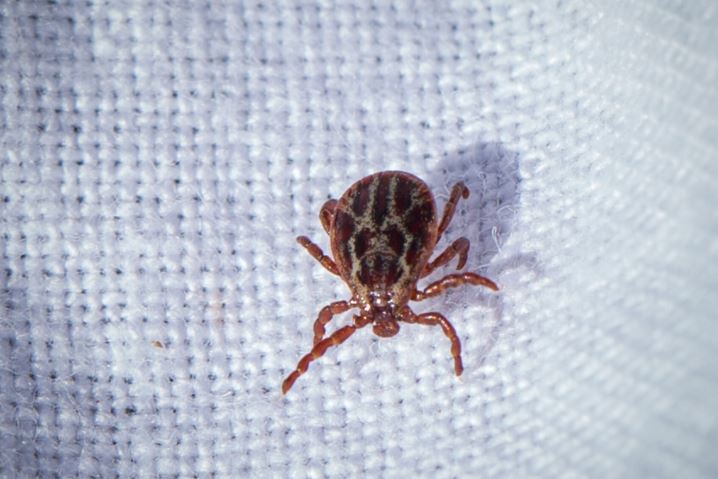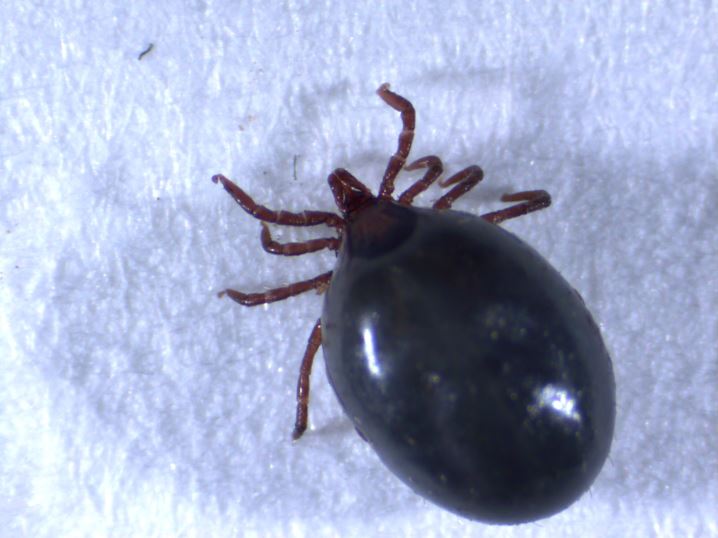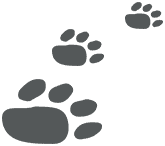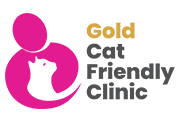Babesiosis
Babesiosis is a life threatening disease caused by a parasite (Babesia spp.) that can be transmitted to dogs by ticks. Infected ticks are found globally, historically sparing the UK, there have been recent confirmed cases of Babesia canis in Essex. None of the infected dogs had travelled abroad but had all been exercised in the same area. Vets in the area have reported an increase in local dogs being rescued from abroad.
Symptoms of Babesia
Symptoms of Babesia Canis range from mild to severe and may include lethargy, lack of appetite, fever, pale gums, red urine and jaundice.
What a tick looks like
Many pet owners are unaware that ticks look like small spider like creatures until they have taken a blood meal after which they become engorged and are often mistaken for a ‘wart’ or small lump.


How to remove a tick
- Wear gloves and dispose of ticks hygienically so they cannot reattach themselves or lay eggs
- It is important to remove the whole tick, including its mouth-parts without squeezing the tick’s body
- Use a specially designed ‘tick hook’ – these are available to purchase at all 3 of our clinics
- Slide the hook under the tick at skin level so as to grip the head of the tick
- Rotate the hook around the tick’s head, in an anti-clockwise direction, to help dislodge the mouth-parts before removal
- Once removed, destroy the tick by squashing it between some paper towel and dispose of everything
- If you are unsure, please bring your dog (or cat) in to the surgery to have the tick removed and we can show you how it is done
How to protect your dog from ticks and tick borne disease
We stock a range of highly effective anti-tick products including a chewable tablet. Please contact us to discuss the most effective product for your dog or cat.
What about babesiosis in Cats?
There is much less known about feline babesiosis, although some Babesia spp. may infect cats and cause similar clinical signs to those seen in dogs. Disease is predominantly associated with residence in or travel to South Africa.





